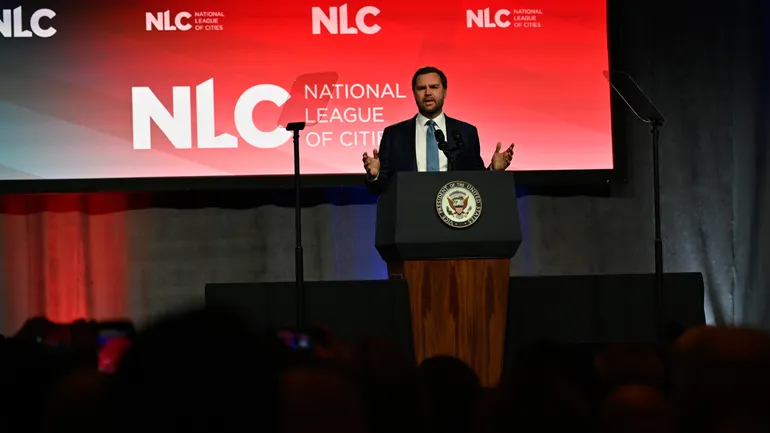As urbanization accelerates, the need for innovative solutions in technology, housing, climate action, transportation, and public safety becomes increasingly critical. The upcoming smart city conferences in 2026 are poised to address these pressing challenges, providing a platform for local government leaders to explore cutting-edge strategies and technologies. These events will not only showcase advancements but also foster collaboration among stakeholders, enabling cities to adapt to the complexities of modern urban living. The emphasis on sustainability and resilience in urban planning underscores the urgency of these discussions, as cities strive to enhance livability while mitigating environmental impacts.
The main takeaway from these conferences is the recognition that smart city initiatives must be holistic, integrating various sectors to create cohesive urban environments. Key insights will revolve around leveraging data analytics, IoT, and community engagement to drive effective decision-making. As cities grapple with issues like climate change and population growth, the implications of these gatherings extend beyond mere technological adoption; they represent a paradigm shift towards more sustainable, inclusive, and responsive urban governance. By prioritizing collaboration and innovation, local leaders can pave the way for smarter, more resilient cities.








